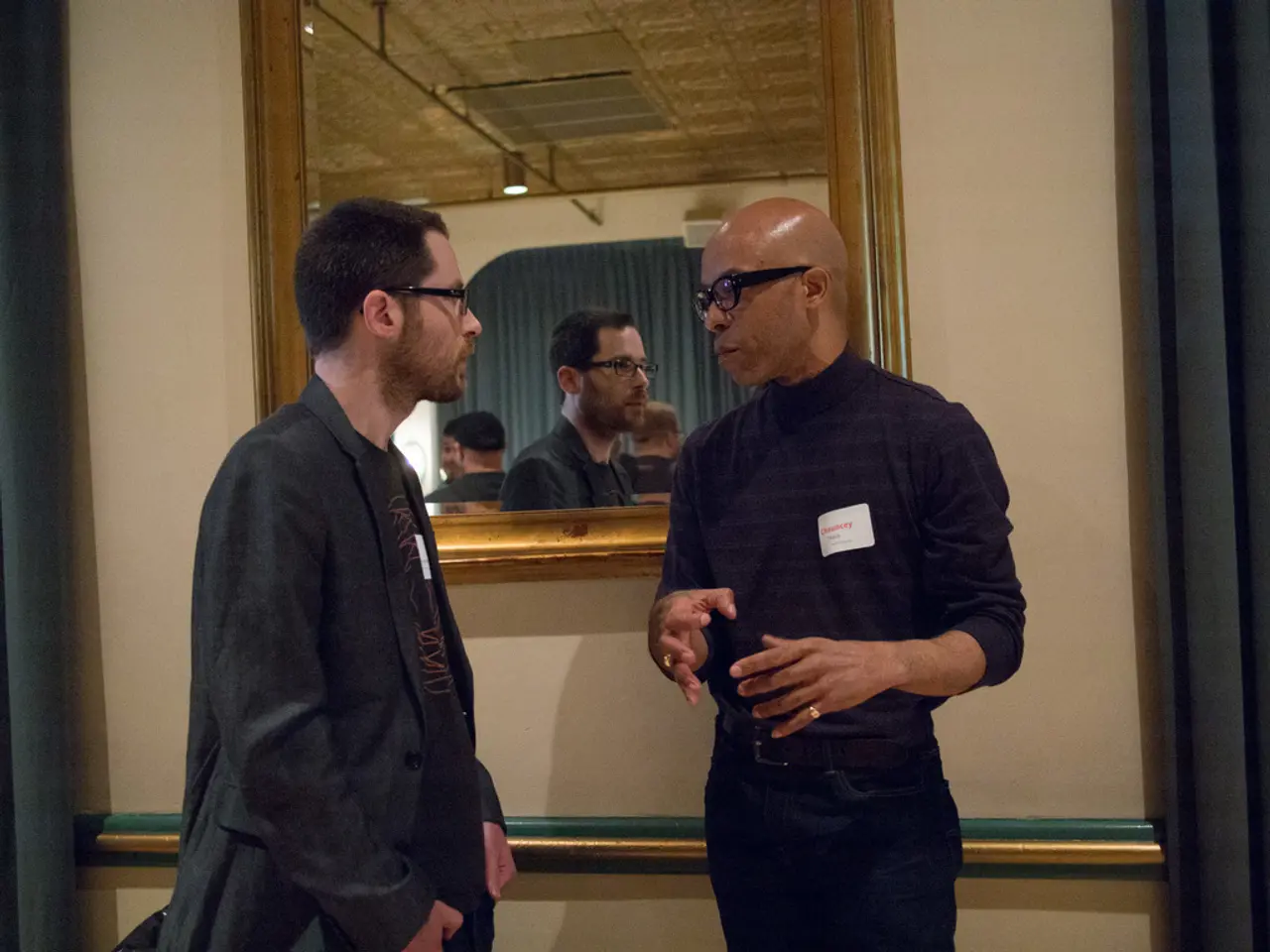Struggle of a Congolese refugee to reconnect with her family in America after eight years
The follow-to-join program, a critical pathway for refugees displaced by conflict or persecution to legally reunite with family members in the United States, is currently under disruption due to the suspension of the U.S. Refugee Admissions Program (USRAP) by an executive order from former President Trump in January 2025.
The suspension has led to hardship for many refugees and families, with resettlement agencies forced to reduce staff and refugees stranded in unsafe locations. However, a federal court has issued a preliminary injunction requiring the government to resume some refugee processing for those with "conditionally approved" refugee status and confirmed travel plans before January 20, 2025.
This means some cases, including some follow-to-join family petitions, are being reviewed and allowed to proceed, but the overall program remains in a state of partial suspension. The program historically had bipartisan support and served as a vital route toward citizenship for refugees.
One such refugee is a Congolese woman who settled in Boise, Idaho. She made it into the U.S. during a brief block on the order, one of only about 70 refugees to arrive since Trump took office. The woman asked that her name not be used due to fear of retaliation. She had her travel documents by January 2021 but her plane ticket wasn't issued before Trump took office. President Donald Trump's executive order halting the refugee program left the woman and thousands of others stranded.
The woman's mother fled the Democratic Republic of Congo's civil war in 1997 and sought shelter at Tanzania's Nyarugusu refugee camp. The woman was an infant when her mother fled. She built a modest life in South Africa, always hoping to rejoin her family. Her mother signed her up for the "follow-to-join" program in 2017.
However, Trump's suspension of the refugee program prevented the woman from getting her passport and visa. The woman's case was handed over to lawyers volunteering their time in late 2020. She is now getting to know her youngest brothers in Boise.
The aid groups' lawsuit asks a judge to declare Trump's executive order illegal. The lawsuit claims that resettlement agencies had to lay off hundreds of workers and some refugees were left in dangerous places. Nearly 130,000 refugees had conditional approval to enter the U.S. when Trump halted the program.
The International Refugee Assistance Project, along with the woman, is advocating for the restoration of the program’s prior operation. Litigation continues to challenge the suspension, with the hope that the program will fully resume to support family reunification efforts.
Regarding the Form I-730, which is the official petition used for follow-to-join relatives (spouses and unmarried children under 21) of refugees or asylees admitted or granted asylum within the past two years, USCIS continues to process these petitions, but the timing depends heavily on the current refugee resettlement program status and individual case factors.
In summary, the follow-to-join program remains partially operational under court orders but fundamentally disrupted, causing significant delays and emotional strain on families separated by war and persecution. Legal challenges aim to restore the program fully to support family reunification efforts.
- The suspension of the U.S. Refugee Admissions Program (USRAP) by former President Trump in January 2025 has forced businesses operating as resettlement agencies to reduce staff and created unsafe situations for refugees who are stranded.
- The International Refugee Assistance Project, along with a Congolese woman who settled in Boise, Idaho, is advocating for the restoration of the follow-to-join program to its prior operation, arguing that Trump's executive order illegally halted the program, leading to laid-off workers and danger for refugees.
- Politics and general news continue to shape the future of the follow-to-join program, which has bipartisan support and is vital for family reunification efforts, especially for those displaced by war and conflicts, as it serves as a critical pathway for refugees seeking citizenship.






